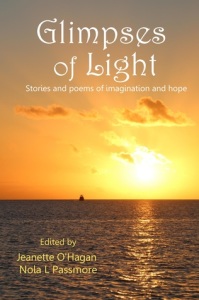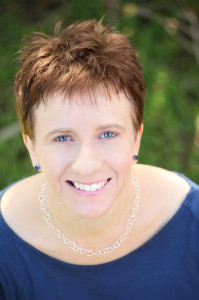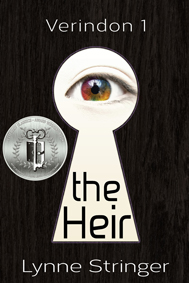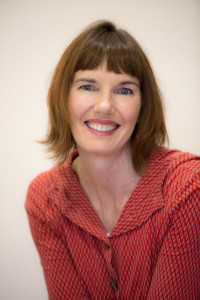 Today we have a Cindy Williams joining us, author of novel The Pounamu Prophecy, which was released October last year by Rhiza Press. (Which also happens to be my publisher, too. 🙂 ) She’s going to share some insights about her novel, so let’s welcome her. Thanks, Cindy.
Today we have a Cindy Williams joining us, author of novel The Pounamu Prophecy, which was released October last year by Rhiza Press. (Which also happens to be my publisher, too. 🙂 ) She’s going to share some insights about her novel, so let’s welcome her. Thanks, Cindy.
‘So tell me about this controversial book you have written,’ the announcer asked me during a recent radio interview. I would have stuttered in shock if I had not spent the morning at a cafe with the lovely Iola Goulton discussing this very issue!
I don’t do controversy. I am exhausted by my son’s love of ‘debating’ which I see as arguing; I wither in the face of disputes about politics and religion; I almost always stay silent in the face of dogmatic opinions about nutriton that, as a dietitian, I know are misinformed.
The first hint that The Pounamu Prophecy might be controversial 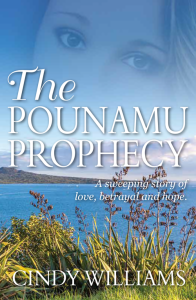 was when a member of my mother’s book group commented that I was ‘brave’ to write such a book. What was brave about telling a story about a piece of New Zealand’s history that few people knew, I wondered. It wasn’t until I recently travelled to New Zealand to do a few author talks that I saw the discomfort of some people as I spoke of the injustices that the Ngati Whatua tribe suffered over the past 100 years.
was when a member of my mother’s book group commented that I was ‘brave’ to write such a book. What was brave about telling a story about a piece of New Zealand’s history that few people knew, I wondered. It wasn’t until I recently travelled to New Zealand to do a few author talks that I saw the discomfort of some people as I spoke of the injustices that the Ngati Whatua tribe suffered over the past 100 years.
‘Don’t talk too much about that stuff, Cindy,’ advised my mother. ‘The book says it well. Let it speak, not you.’ It was wise advice. I adjusted my talk and encouraged the audience that New Zealand, despite its past failings, is an example to the world of how two cultures can live well together and celebrate the best of both.
History is subjective, seen through the eyes and felt through the heart of whoever was there. For this story I had the privilege of interviewing an elder of the Ngati Whatua tribe. He was eight years old when the government burnt down his village to ‘tidy it up’ for Queen Elizabeth’s visit the following year. There were tears in his eyes as he recounted what had happened. It was a perspective few people, including myself, had heard. It was a story worth telling.
‘If one of our people had written this, many would dismiss it as just another sob story, ‘ he said. ‘But when a Pakeha (non-Maori) writes it, it has credibility.’
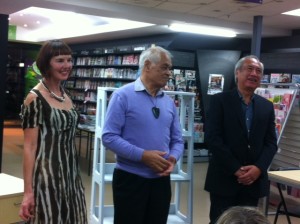 So here was the reason God had arranged for me, a Pakeha girl married into a Maori family, to write it. A purely Maori perspective might stir up resentment and anger, slashing open old wounds with no remedy or hope of reconciliation. A purely Pakeha perspective might defend itself with stories of less than honorable actions of some Maori. (I remember hiding every lunchtime for a year in the school toilets terrified of the big Maori girls who bullied me. A few years later when we moved to the mostly Maori part of town behind the pub, they would offer me cigarettes on the school bus and I knew I was ‘okay’!)
So here was the reason God had arranged for me, a Pakeha girl married into a Maori family, to write it. A purely Maori perspective might stir up resentment and anger, slashing open old wounds with no remedy or hope of reconciliation. A purely Pakeha perspective might defend itself with stories of less than honorable actions of some Maori. (I remember hiding every lunchtime for a year in the school toilets terrified of the big Maori girls who bullied me. A few years later when we moved to the mostly Maori part of town behind the pub, they would offer me cigarettes on the school bus and I knew I was ‘okay’!)
I believe, as followers of Jesus and if we are open to his leading, God uses our background, our experiences, our strengths and our weaknesses to write the stories he knows will bless others. I have realised that the novel I am currently writing will be even more controversial than the last and it is driving me to my knees in prayer every time I write. Isn’t that what He wants? For when I am weak, then I am strong. (2 Cor 12:10)
Cindy Williams lives in Sydney with her husband and teenage son. As a child growing up in a culturally rich part of New Zealand she enjoyed writing, not copious screeds, but short intense pieces that brought tears to her eyes and made people think. She marvelled at the power of words to inspire far beyond the intentions of the author. Then she became a dietitian – all science and seriously researched facts. She completed a Master of Public Health and a Graduate Diploma in Communication and spent many years encouraging and inspiring people to live a healthy life. She writes a nutrition blog and is working on her second novel, set in first century Israel. She teaches scripture in schools, and swim and cycles. She is also studying for a Diploma of Theology and trying to improve her abysmal French!
You can contact Cindy via her website or cindy[at]nutritionchic.com
 I stared at the screen of our main PC and watched the hard drive icon disappear. It couldn’t be good by anyone’s description – and even worse as an author in the last stages of editing a manuscript.
I stared at the screen of our main PC and watched the hard drive icon disappear. It couldn’t be good by anyone’s description – and even worse as an author in the last stages of editing a manuscript.
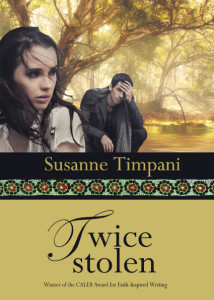
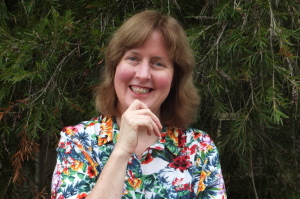 This is our final ‘Write Time’ guest blog. I don’t know about you, but I’m sorry to see the end of these insightful blogs. What I’ve found so great is the diverse angle each contributor’s brought to their post, and today is no exception as we welcome Nola Passmore to round out this series. Nola is a widely published poet and writer of short fiction and creative non-fiction, not to mention social psychologist and co-editor of the recently released ‘Glimpses of Light’ Anthology. She’s also in the throes of crafting an epic novel, which is bound to bear her stamp of excellence. But I’ll let Nola tell you more about that. Thanks, Nola. 🙂
This is our final ‘Write Time’ guest blog. I don’t know about you, but I’m sorry to see the end of these insightful blogs. What I’ve found so great is the diverse angle each contributor’s brought to their post, and today is no exception as we welcome Nola Passmore to round out this series. Nola is a widely published poet and writer of short fiction and creative non-fiction, not to mention social psychologist and co-editor of the recently released ‘Glimpses of Light’ Anthology. She’s also in the throes of crafting an epic novel, which is bound to bear her stamp of excellence. But I’ll let Nola tell you more about that. Thanks, Nola. 🙂